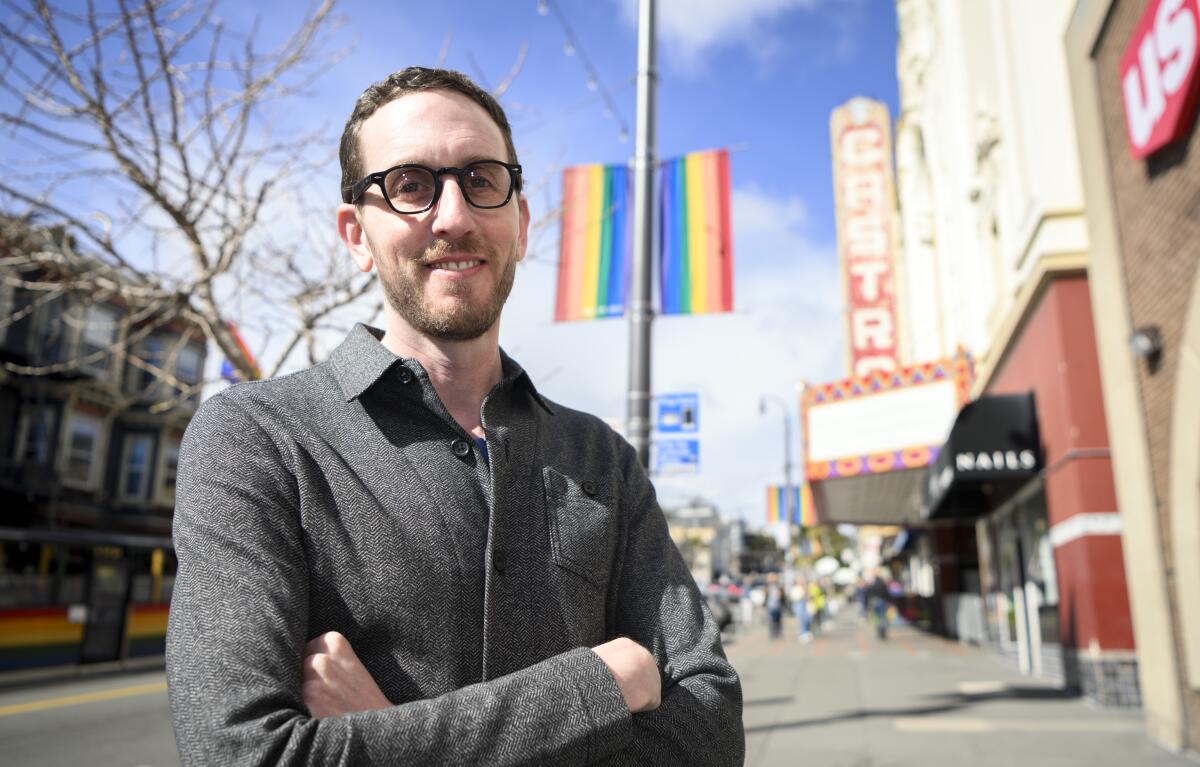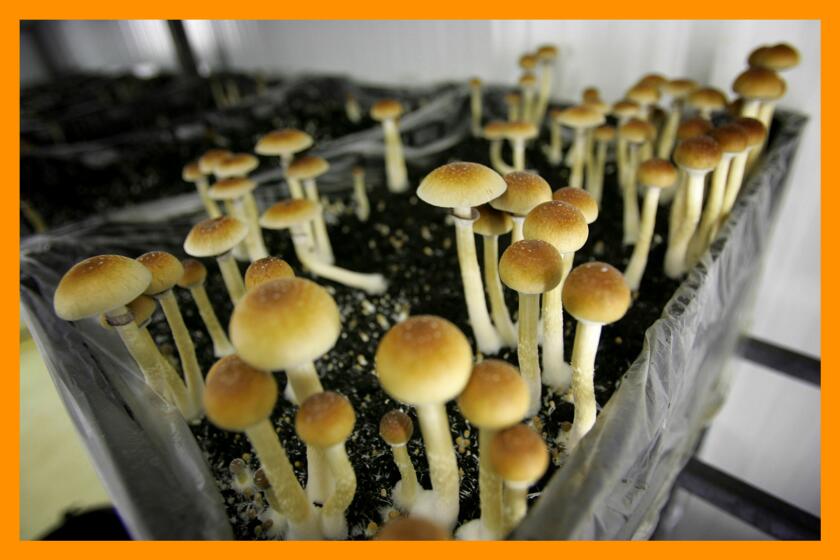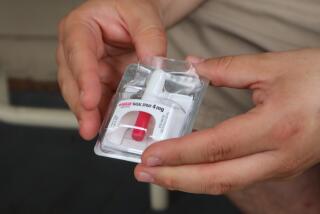With a nudge from Newsom, a new bill aims to legalize psychedelic-assisted therapy in California

- Share via
SACRAMENTO — After a failed attempt to decriminalize a short list of psychedelics last year, state Sen. Scott Wiener (D-San Francisco) is reintroducing legislation to make California the third state to legalize psychedelic-assisted therapy for adults.
Gov. Gavin Newsom in October vetoed a similar bill, urging state lawmakers to first take steps toward creating regulated treatment guidelines before attempting to decriminalize possession of these drugs.
“It was a very thoughtful veto message,” said Wiener, who on Tuesday morning will introduce a new bill with a more clinical approach to expanded access to psychedelic uses.
If passed, California will join successful legalization in Oregon and Colorado, which already passed ballot measures to legalize psychedelic-assisted therapy.
The legislation is unique in that it would be the first to create a grant process through the governor’s Office of Community Partnerships and Strategic Communications to support public health education on psychedelics. The bill would legalize supervised therapeutic access for adults older than 21 for certain substances, including psilocybin and psilocin, also known as “magic mushrooms”; dimethyltryptamine, or DMT, the active ingredient in ayahuasca; MDMA; and mescaline, not including peyote.
Under the legislation, called the Regulated Psychedelic-Assisted Therapy Act, the state regulatory program would be in place in as soon as two years and allow adults to use psychedelics under the supervision and guidance of licensed psychedelic therapists.
The move to legalize psychedelics in California appears to be entering a new phase, with incremental steps to permit the drugs in therapeutic settings.
“I want California to be on the leading edge of access for psychedelic access for people seeking therapy and ... public education and safety,” Wiener told reporters Monday.
The bill would establish an expert oversight committee appointed by the governor, and a professional licensing board for psychedelic therapy facilitators, and develop regulatory oversight and laboratory testing.
Those who seek psychedelic therapy will be required to undergo safety screenings, health assessments and follow-ups.
The bill’s sponsor, Heroic Hearts Project, a Florida-based nonprofit, is a support group that helps veterans overcome post-traumatic stress disorder through the use of psychedelics. The organization also facilitates trips for veterans to seek psychedelic therapy in countries such as Mexico where the practice is legal.
Veteran groups and researchers say the use of psilocybin can spur breakthroughs in therapy, especially for those who suffer from PTSD and have not seen improvements through traditional medications.
According to a report published by the Department of Veteran Affairs, there are an estimated 17 suicides a day among veterans. In 2020, even when suicides were on the decline, a startling 6,146 veterans took their own lives — higher than 20 years ago.
Still, Anna Lembke, a researcher at Stanford University, is concerned about legalizing the use of psychedelics and putting psychedelic therapy in the hands of nonmedical professionals.
“There’s a good reason that medical professionals who prescribe and administer [medications] have to go through years of medical training, residency, board certification, etc., to have that privilege,” she told The Times.
Lembke is the co-author of a recent study that found hallucinogen-associated emergency department visits increased in California by 54%, and hospitalizations by 55%, between 2016 and 2022. She stressed that “increased access” could result in “increased individuals and population harm.”
Some concerned parents, like Laurie Dubin, who is a public health advocate based in Northern California, said that “even talking about [legalization] decreases the perception of harm.”
Dubin is worried about the “gray market” in which teenagers are known to buy unauthorized hallucinogenic-infused chocolate bars, gummies and vapes, and is inclined to oppose the bill unless the legislation also includes prevention education for youths.
Gov. Gavin Newsom vetoed a bill to decriminalize certain psychedelics in California, including so-called magic mushrooms.
In Oregon, in the first six months of implementation, nearly 700 people sought psychedelic treatment, said Dr. Brian Anderson, a psychiatrist and researcher at UC San Francisco. The wait lists are in the thousands, with a large number of those people coming from out of state, he said.
Wiener said he still supports a future in which psychedelics are decriminalized in California — and even noted the governor’s veto message implied that too. But the priority for now, he said, is to get a supervised therapeutic model.
If signed into law, and once logistics such as licensing, medications and locations are approved, Californians would be able to begin therapy by 2027.
More to Read
Sign up for Essential California
The most important California stories and recommendations in your inbox every morning.
You may occasionally receive promotional content from the Los Angeles Times.













